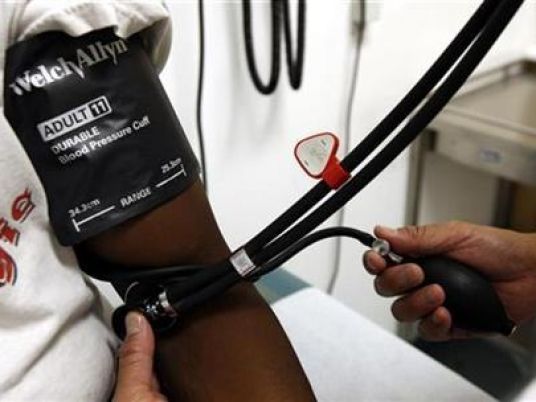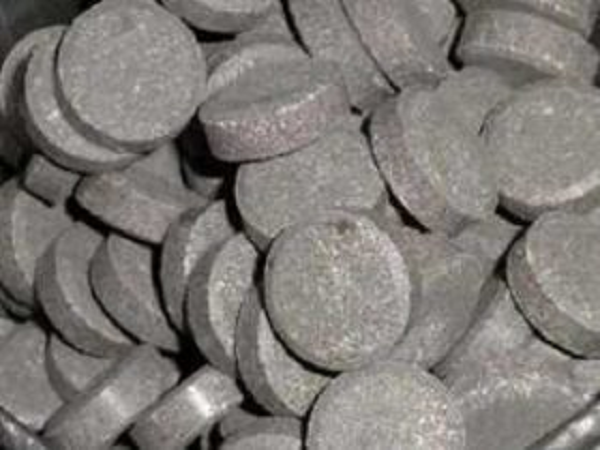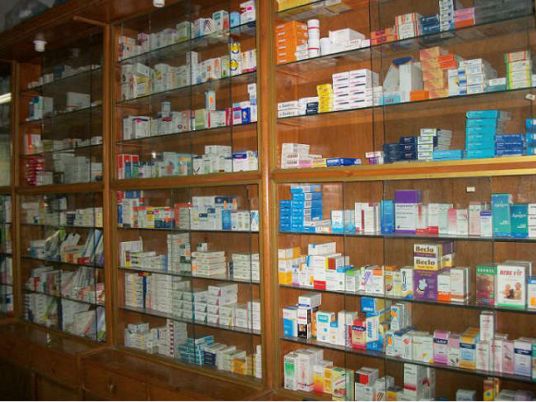
Patients who frequently fail to take prescribed blood pressure-lowering medications may be more likely to wind up hospitalized for heart failure than people who only miss pills occasionally, an Italian study suggests.
While plenty of previous experiments have proven that daily medications to treat hypertension, or high blood pressure, can help minimize the risk of heart failure, less is known about real-world outcomes for people who don’t always take their pills, the researchers note in the journal Hypertension.
For the current study, researchers followed almost 4,000 patients prescribed anti-hypertension pills in the Lombardy region of Italy in 2005. Patients were monitored for an average of six and a half years, unless they experienced heart failure, died or moved away before the end of the study period.
Compared with people who rarely took their prescribed daily drugs, patients who used the pills 26 percent to 50 percent of the time were 17 percent less likely to be hospitalized for heart failure. The risk was 34 percent lower for individuals who took their medicine at least 75 percent of the time.
“As treating hypertension reduces the risk of heart failure, it is logical to hypothesize that not taking prescribed drugs would be associated with an increase in the risk of heart failure,” Dr. Veronique Roger, a cardiovascular disease researcher at the Mayo Clinic in Rochester, Minnesota.
“It is important to demonstrate it with ‘real life’ clinical practice studies such as this one,” added Roger, who wasn’t involved in the study. “These findings will help convey an important message to patients about the importance of taking treatment as prescribed to control hypertension.”
About one in three adults have high blood pressure, a condition that contributes to more than nine million deaths each year, according to the World Health Organization.
People often don’t know they have high blood pressure because they don’t have symptoms. Even after they’re diagnosed, they sometimes skip their medications because missing a dose doesn’t make them feel sick.
In the current study, patients were typically around 67 years old, and 54 percent were male.
Overall, 622 people were hospitalized for heart failure. The researchers compared them to a randomly selected group of 3,110 similar individuals who weren’t hospitalized for the condition.
People hospitalized for heart failure generally took a wider variety of anti-hypertension drugs, were more apt to have other medical problems such as diabetes, and were more likely to get treatment from multiple physicians.
Overall, compliance with prescribed medicines wasn’t great for either group. Among the people who avoided heart failure during the study, only one-third took their prescribed drugs at least 75 percent of the time. Among the heart failure patients, just one-quarter took their drugs this often.
The worst offenders in terms of skipping medication – people who took their drugs no more than 25 percent of the time –accounted for 46 percent of heart failure patients and 41 percent of people who didn’t get hospitalized for the condition.
One limitation of the study was that hospital records couldn’t be reviewed to verify the heart failure admissions, said Giovanni Corrao of the University of Milano-Bicocca and colleagues in their report. They also relied on prescription data to estimate how often participants took their pills.
There are many reasons patients don’t take their blood pressure medication, noted Dr. Marie Teresa Brown, a researcher at Rush Medical College in Chicago.
“Cost, access to health care, and simply forgetting have in the past been thought by doctors to be the main reason for non-adherence,” Brown, who wasn’t involved in the study, said by email. “However, most non-adherence is intentional – patients choose not to take their medications.”
SOURCE: bit.ly/1TYif7A Hypertension, published online July 27, 2015.




